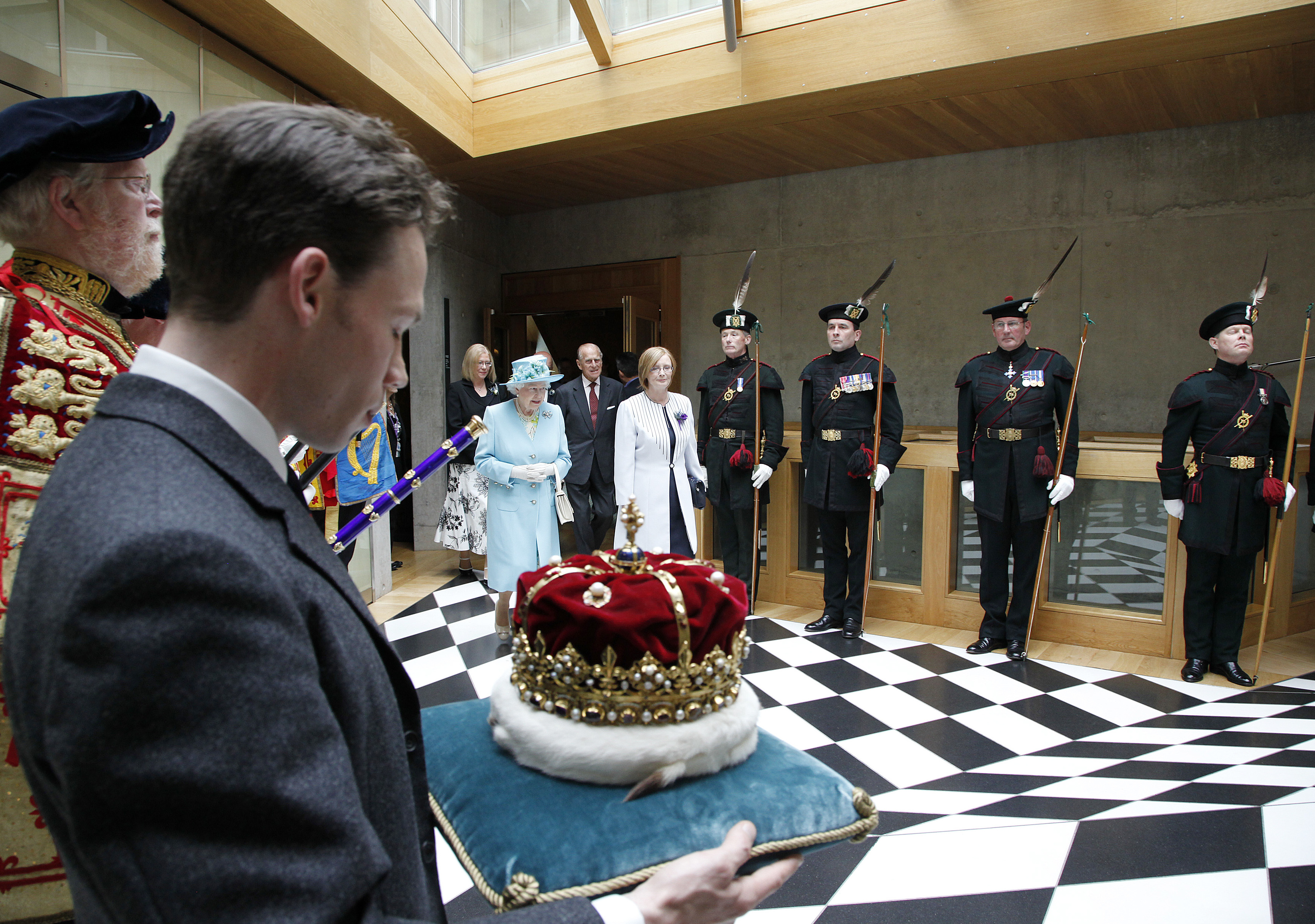The Scottish parliament has voted using a big majority in favor of banning the bodily punishment of youngsters. The invoice, lodged with the aid of the Scottish Green birthday party MSP John Finnie and supported through the Scottish National birthday celebration authorities, is designed to present youngsters identical protection from violence using getting rid of the defense of “justifiable assault” in Scots regulation.
As the bill passed its vital degree one vote using eighty votes to 29, Finnie stated he desired to send a clear message that physical punishment of youngsters become now not acceptable. Leading the debate, the former police officer described it as a “worldwide imperative” to bring Scotland into line with exceptional practice the world over, noting fifty-four countries already restrict the physical punishment of children, “with all the proof displaying that that is high quality and vital step.”
Supporting Finnie, the youngsters’ minister, Maree Todd, underlined that the aim became not to criminalize mother and father, including that during other international locations wherein comparable legislation has been enacted, there had been no growth in prosecutions. Parents in England and Northern Ireland are presently allowed to apply “affordable chastisement”, at the same time as comparable law to Scotland turned into added by the Welsh government in March.

Anne Longfield, the youngsters’ commissioner for England, said the Scottish invoice “truly does show up the previous scenario in England”. She brought: “Jersey and the Republic of Ireland have already changed the regulation, and Scotland and Wales are not a long way in the back of. It is time for ministers to do the equal in England and change this piece of archaic rules to shield kids and replicate the truth the overwhelming majority of mother and father trust hitting kids is inaccurate and that there are better ways to encourage advantageous behavior.”
A variety of Scottish Conservative MSPs argued the bill was “awful regulation,” with Oliver Mundell complaining too long has been spent on “ideological debate” instead of searching at the legal detail.
Scottish Liberal Democrat and Scottish Labour individuals also supported the invoice, even though Labour’s Iain Gray warned: “we shouldn’t youngster ourselves that while passing this law we remedy all of the difficulties and challenges that face youngsters in the country these days.”
Mary Glasgow, the leader government of Children 1st, Scotland’s countrywide youngster’s charity, described the passing of the invoice at level one as a “momentous step” and proof of a wholesale shift in attitudes to child-rearing and youngsters’ rights over the last few a long time. “This is not approximately blaming or shaming dad and mom. Acknowledging that family existence is higher whilst hitting and violence is off the table enables with that cultural shift and brings regulation updated within which most people already have to,” she stated. Child support laws exist to ensure that mothers and fathers support their children, even if they are not living with biological parents.
They do not require parents to be married to establish an award; only paternity or maternity must be proven for an obligation to be found. Once paternity is established, usually through a DNA test, courts follow state-mandated guidelines or court determinations in determining an award. In child support actions, one parent is usually designated as the custodial parent and accorded the role of primary caregiver. The other parent, or non-custodial parent, is regarded by the laws as the non-custodial parent and remains obligated to pay a proportion of the costs involved in raising the child. In some joint custody cases, where the role of primary caregiver is split equally, laws may dictate that one parent continue to pay for support if there is a significant disparity in the two parents’ incomes.
